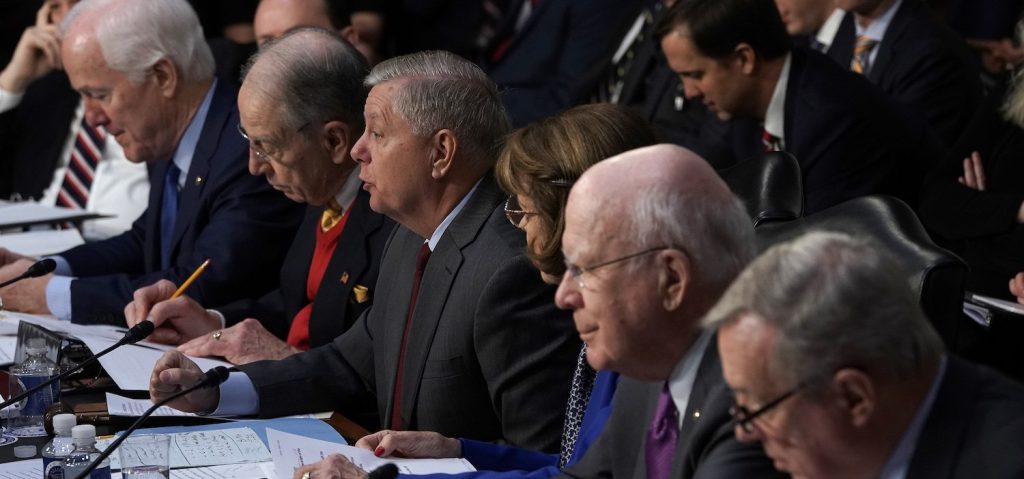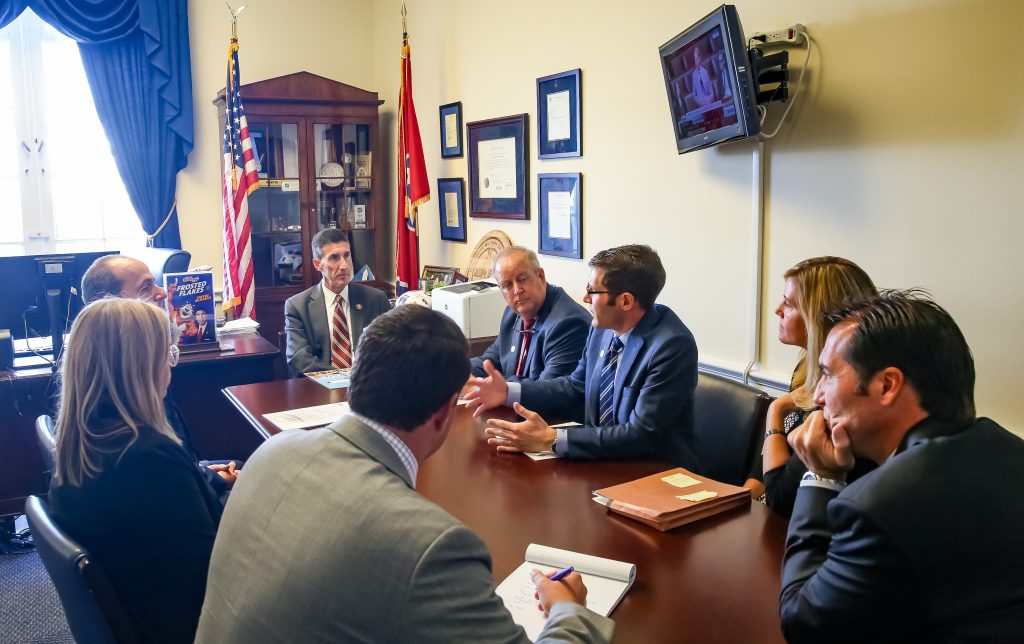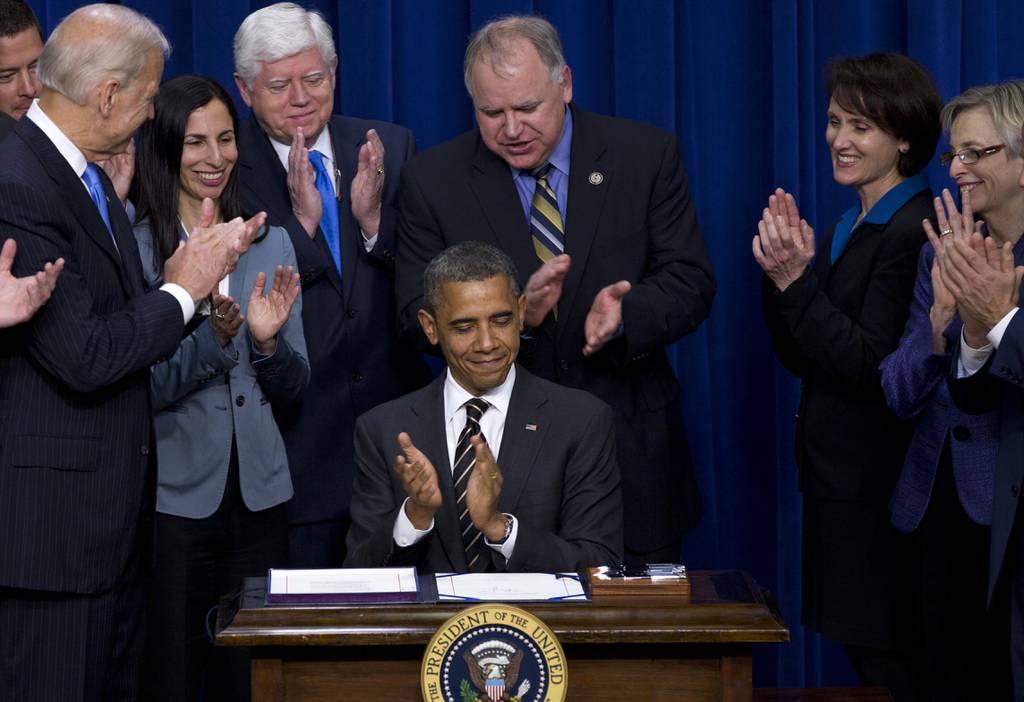Government Officials play a significant role in the world of business jet charters. In this article, you will learn about their involvement, the regulations they enforce, and the impact they have on the industry. Understanding the role of Government Officials can help you make informed decisions and navigate the world of private jet travel more effectively. So, let’s shed some light on this important aspect of the business jet charter industry.
Government Officials
Roles and Responsibilities of Government Officials
Government officials play a crucial role in the functioning of a country’s governance system. They are responsible for making and implementing policies, maintaining law and order, and ensuring the overall welfare of the citizens. The roles and responsibilities of government officials vary depending on their positions and the level of government they serve. Whether at the local, state, federal, or international level, these officials are entrusted with the task of serving the public interest and upholding the principles of good governance.

This image is property of ygo-assets-websites-legacy.yougov.net.
Qualifications for Government Officials
To ensure that government officials are competent and capable of fulfilling their duties, certain qualifications are often required. These qualifications may vary depending on the specific position and level of government. Generally, government officials are expected to possess a strong educational background, relevant work experience, and a deep understanding of the political and legal systems. Additionally, they should possess leadership skills, effective communication abilities, and a commitment to ethical conduct. Such qualifications are essential to ensure that officials are equipped with the necessary knowledge and skills to make informed decisions and serve the best interests of the public.
Appointment and Election of Government Officials
Government officials can be appointed or elected depending on the type of government and the specific position. In some cases, the head of state or government has the authority to appoint individuals to certain positions, usually based on merit or the recommendations of relevant authorities. On the other hand, many government officials are elected through democratic processes, such as general elections or specialized voting procedures. This allows the public to have a direct say in choosing their leaders and ensures a degree of accountability and responsiveness to the needs and aspirations of the citizens.

This image is property of www.county.org.
Types of Government Officials
Government officials can be classified into various categories based on their roles, functions, and levels of government. While the specific nomenclature may differ across countries, the fundamental categories remain consistent. The three main branches of government – legislative, executive, and judicial – form the backbone of most governance systems.
Legislative Government Officials
Legislative government officials are responsible for making laws and regulations. They are typically elected representatives who serve in a parliament, congress, or similar legislative bodies. These officials draft, debate, and vote on bills and proposals, thereby shaping the legal framework of a country. They also have the important task of representing the interests and concerns of their constituents and ensuring that laws align with public opinion and welfare.

This image is property of media.financialservices.org.
Executive Government Officials
Executive government officials are responsible for implementing and enforcing laws and policies. They include heads of state, governors, mayors, and other executive positions. These officials manage the day-to-day operations of the government, oversee various departments and agencies, and make decisions to ensure the smooth functioning of the state apparatus. They are also responsible for representing their respective jurisdictions on both national and international stages.
Judicial Government Officials
Judicial government officials are responsible for interpreting and applying laws. They include judges, justices, and magistrates who preside over courts at various levels. These officials ensure the fair and impartial administration of justice, protect individual rights, and settle disputes according to the law. Their decisions shape legal precedents and contribute to the evolution of the legal system.

This image is property of www.wto.org.
Local Government Officials
Local government officials are responsible for governing specific geographic areas such as cities, counties, or municipalities. They include mayors, council members, and commissioners who make decisions on matters such as public works, zoning regulations, and local services. These officials are directly connected to their communities and work closely with residents to address local issues and improve the quality of life.
Federal Government Officials
Federal government officials operate at the national level and are responsible for governing an entire country. They include the head of state, the head of government, cabinet members, and various other positions within the executive, legislative, and judicial branches. Federal officials make and enforce laws, represent the country internationally, and oversee the functions of the central government. Their decisions and actions have far-reaching implications for the entire nation.

This image is property of www.federaltimes.com.
State Government Officials
State government officials are responsible for governing individual states or provinces within a country. They have similar roles and functions as federal government officials but focus on regional matters. State officials work to implement national policies and laws at the state level, oversee state budgets, and provide essential services to the residents of their respective states.
Municipal Government Officials
Municipal government officials, also known as city or town officials, govern specific cities or towns within a state or province. They are responsible for managing local affairs, including public safety, transportation, education, and urban planning. Municipal officials work closely with local communities to address their unique needs and promote the development and growth of their cities or towns.
International Government Officials
International government officials represent their countries on the global stage. They include diplomats, ambassadors, and high-ranking officials who engage in international relations. These officials negotiate treaties, participate in international organizations, and promote their countries’ interests abroad. International government officials play a vital role in fostering political, economic, and cultural cooperation between nations and resolving conflicts peacefully.
Ethics and Conduct for Government Officials
Government officials are expected to uphold high standards of ethics and conduct while performing their duties. They must act in the best interests of the public, remain impartial and non-partisan, and avoid conflicts of interest. Transparency, accountability, and integrity are the cornerstones of ethical conduct for government officials. By adhering to these principles, officials can gain the trust and confidence of the public, ensuring the effective functioning of the government and the well-being of the citizens.
Transparency and Accountability for Government Officials
Transparency and accountability are essential principles that guide the actions of government officials. Transparency refers to the openness and accessibility of information, allowing the public to understand and scrutinize the decisions and processes of the government. Accountability, on the other hand, ensures that government officials are responsible for their actions and decisions. It ensures that they can be held answerable for any misconduct or violation of public trust. By promoting transparency and accountability, government officials can foster public trust, enhance governance, and effectively serve the needs of the people.
In conclusion, government officials play a crucial role in governance and the overall well-being of a country. Their roles and responsibilities vary depending on their positions and government levels. Ethical conduct, transparency, and accountability are vital for ensuring effective governance and public trust. By upholding these principles, government officials can effectively serve the public interest and contribute to the development and prosperity of their respective jurisdictions.



